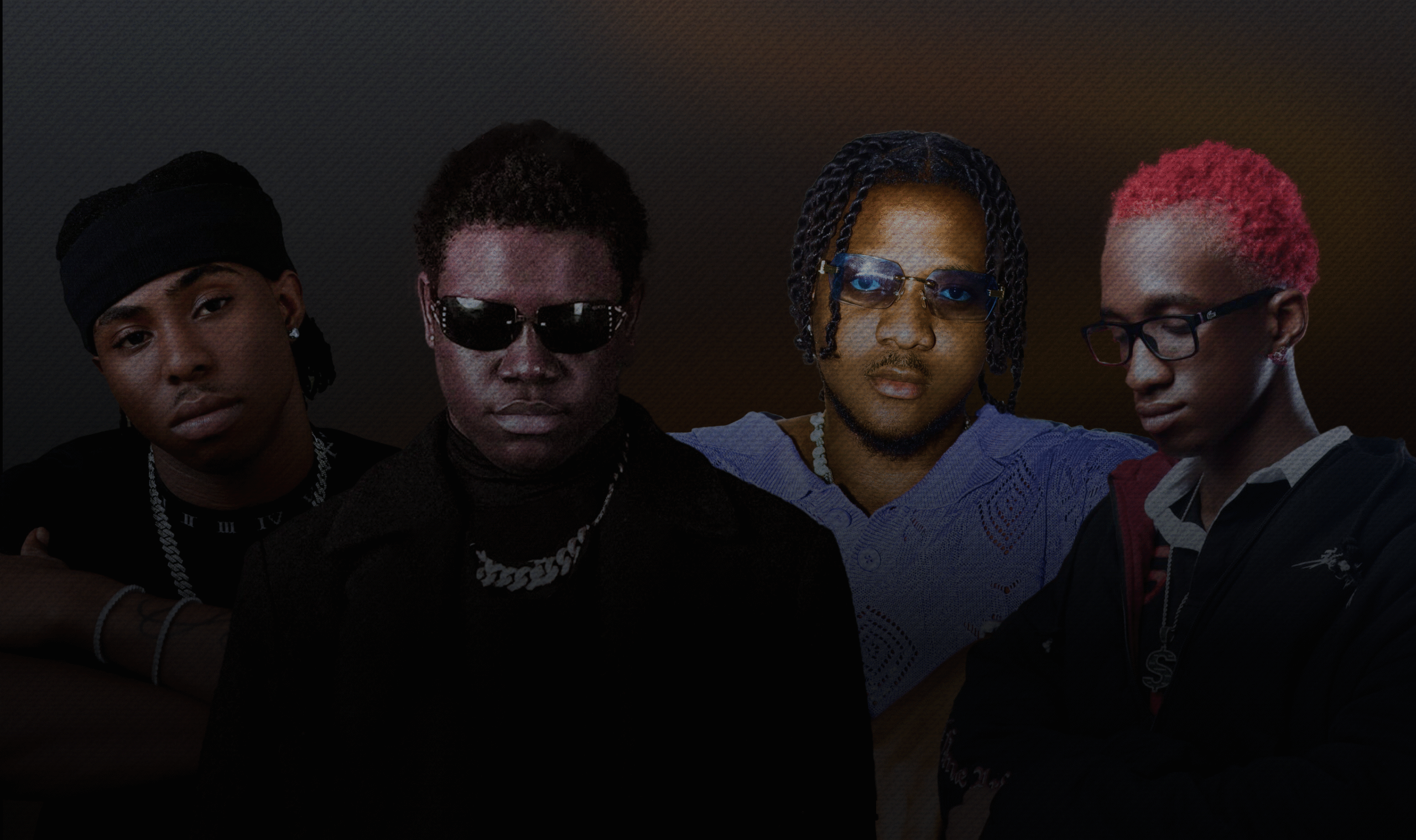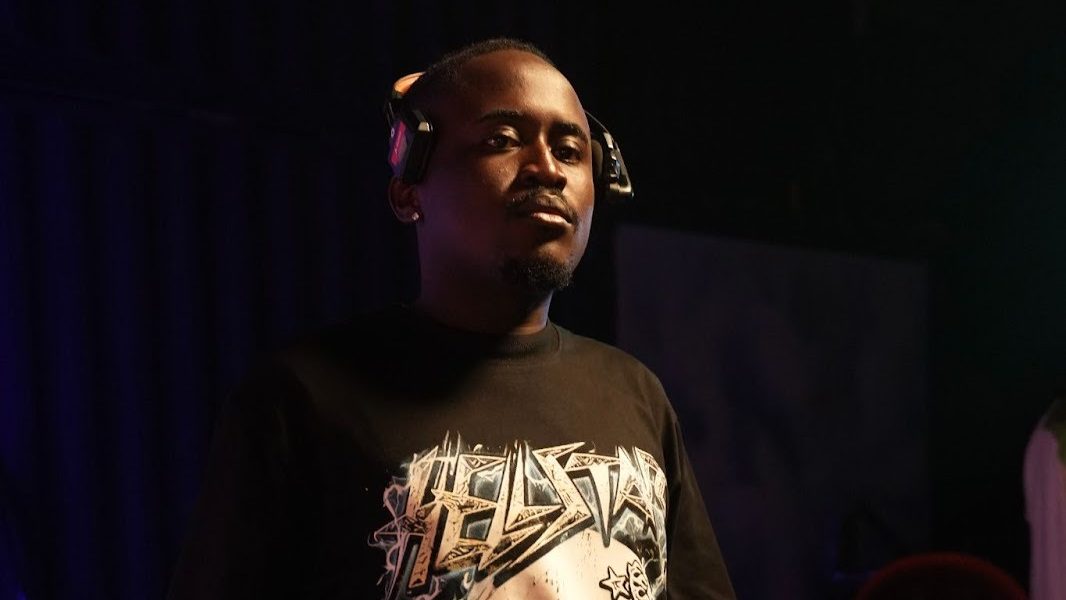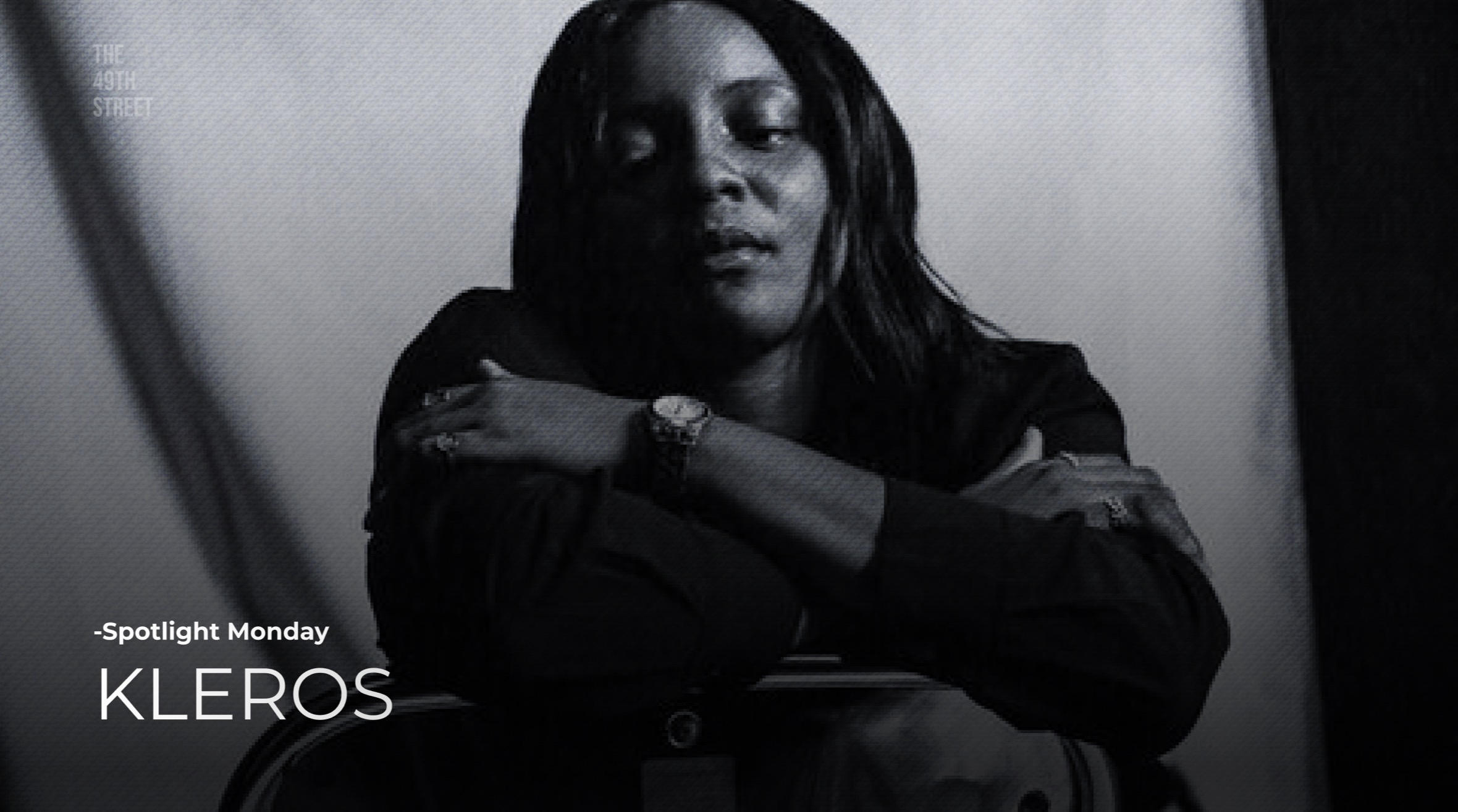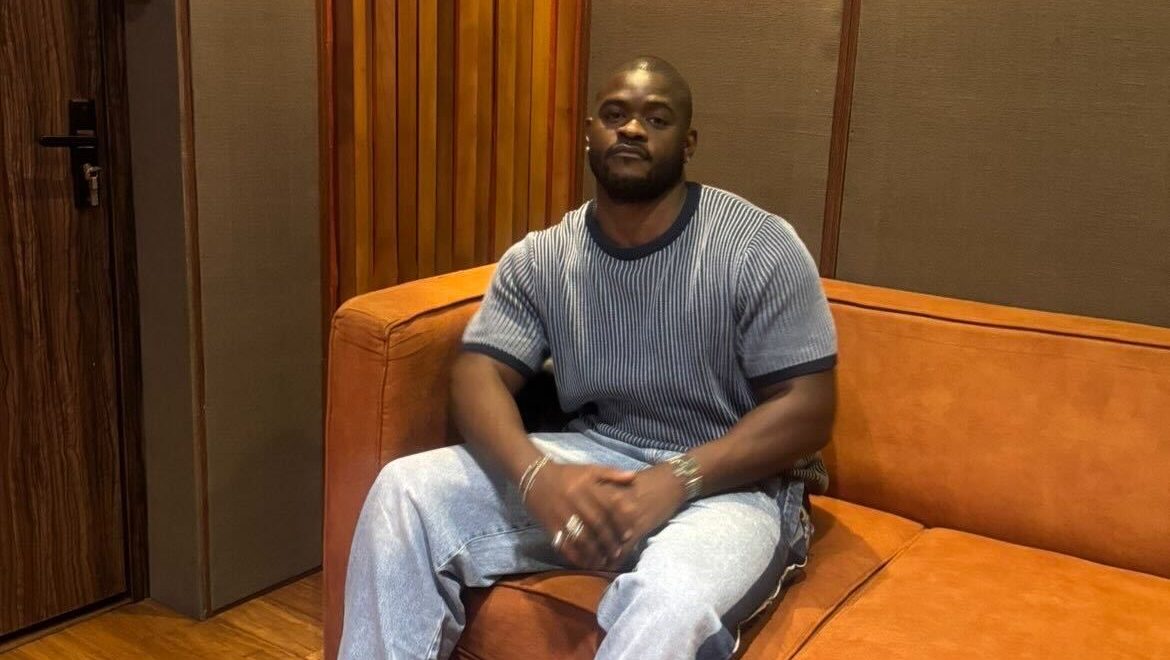By Tomide Marv
Almost every year, Afrobeats reshuffles its deck and serves up a new wave of stars from the street. Three years ago, Asake entered the scene unannounced and went on to be the greatest Afropop breakout star since his arrival. In 2023, ODUMODUBLVCK and Shallipopi took over everywhere with hits and charisma, birthing songs that won awards like The Headies. Ayo Maff and Zerry DL broke into the mainstream last year, blending street and Gen-Z sensibilities and making cult singles.
“Street ti take over” – Olamide (2015)
When Olamide declared this on Reminisce’s Local Rappers, it sounded like prophecy. He wasn’t asking for a handover; he was announcing a coup. The streets weren’t waiting for permission; they were building their own stage.
Fast forward to 2025, and that vision has fully materialized. Since Asake’s 2022 explosion, each year’s defining breakout has emerged from grassroots ecosystems, artists who speak the language of the block, the campus, and the digital street corner. What makes each one distinct isn’t just talent, but timing, texture, and cultural specificity, until their moment becomes impossible to ignore.
Today’s Afrobeats ecosystem is undeniably global, yet deeply local. Success no longer follows a single path. Instead, multiple pipelines coexist: chart dominance, streaming algorithms, TikTok virality, subgenre innovation, diaspora resonance, and narrative-driven storytelling. Each creates its own kind of breakout, and none is inherently superior.
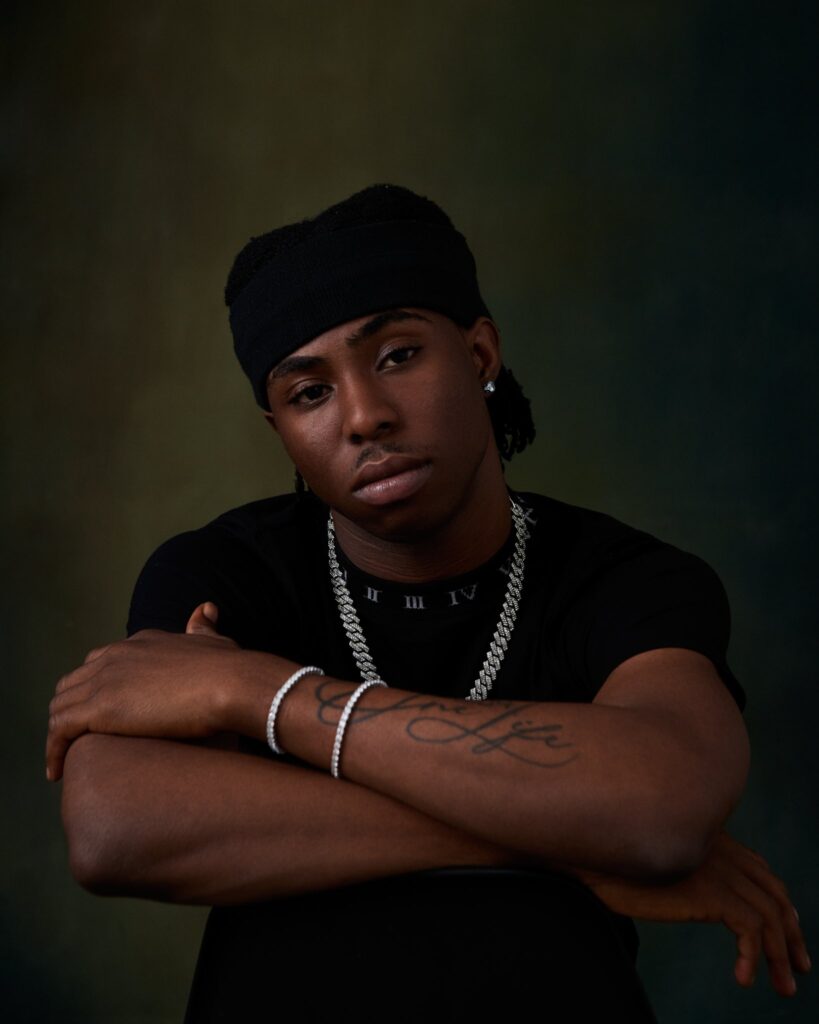
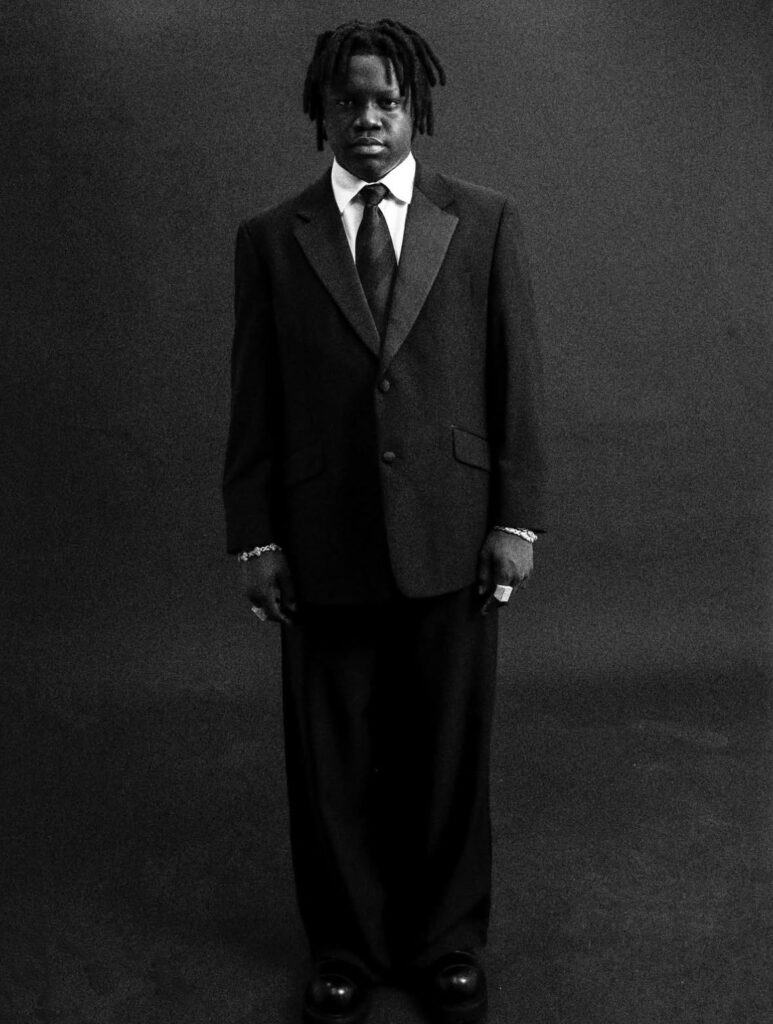
Consider the current vanguard. Famous Pluto has taken the baton from his brothers Shallipopi and Zerry DL, pushing a distinctly South-South sonic identity rooted in lamba and storytelling, capturing the tale of the South-South region. His debut EP Uzama the 3rd topped Nigeria’s Spotify and Apple Music charts.
FOLA, on the other hand, has propelled since the What A Feeling EP. He sings like he wears his heart on his sleeve, a representation of the fact that boys need love, too, and his guest verse on every song elevates it further. In the spirit of striking while the iron is hot, FOLA has released his debut Album, catharsis, a bold move that capitalises on his emotional state.
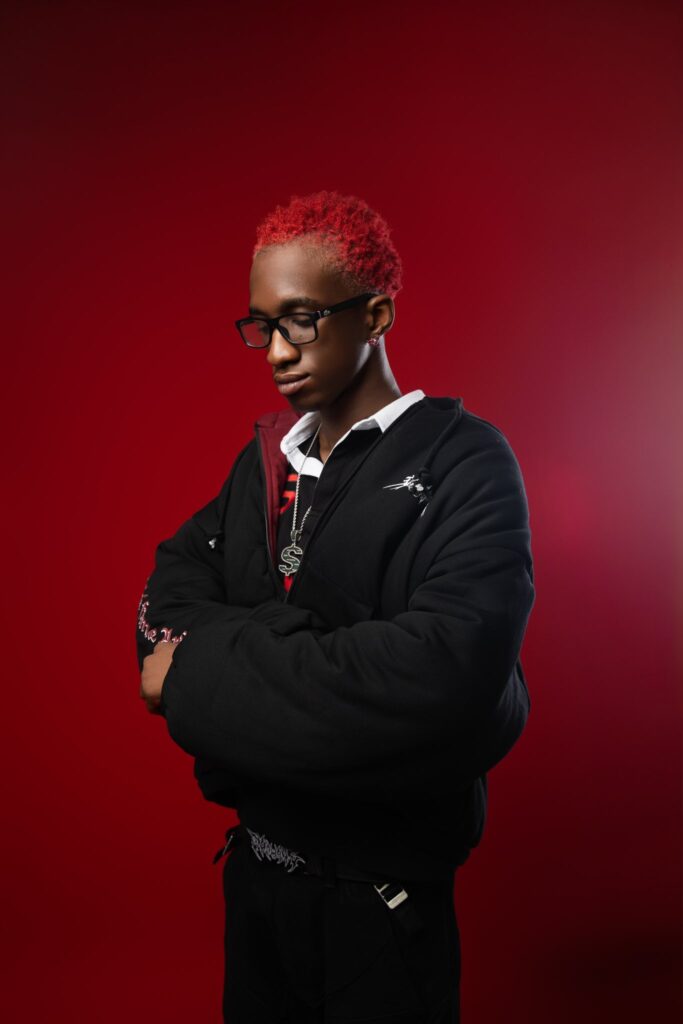
Then there’s Mavo, the newest disruptor. A linguistic alchemist that’s fast becoming a Gen-Z favourite, and his lingo is picking up faster while building a lexicon. His self-published Bizzypedia decodes the Gen-Z slang in his songs, turning fandom into fluency. For a generation that treats language as identity, Mavo is a cultural interface.
What Pluto, FOLA, and Mavo share is a deep alignment with youth culture, but they represent just one axis of Afrobeats’ expanding universe.
On another tier sit artists like Ayo Maff, who is critically adored, creatively fearless, and backed by passionate niche followings, but the appeal hasn’t yet tipped into mass saturation. They thrive in the fertile in-between, where artistry often precedes ubiquity.
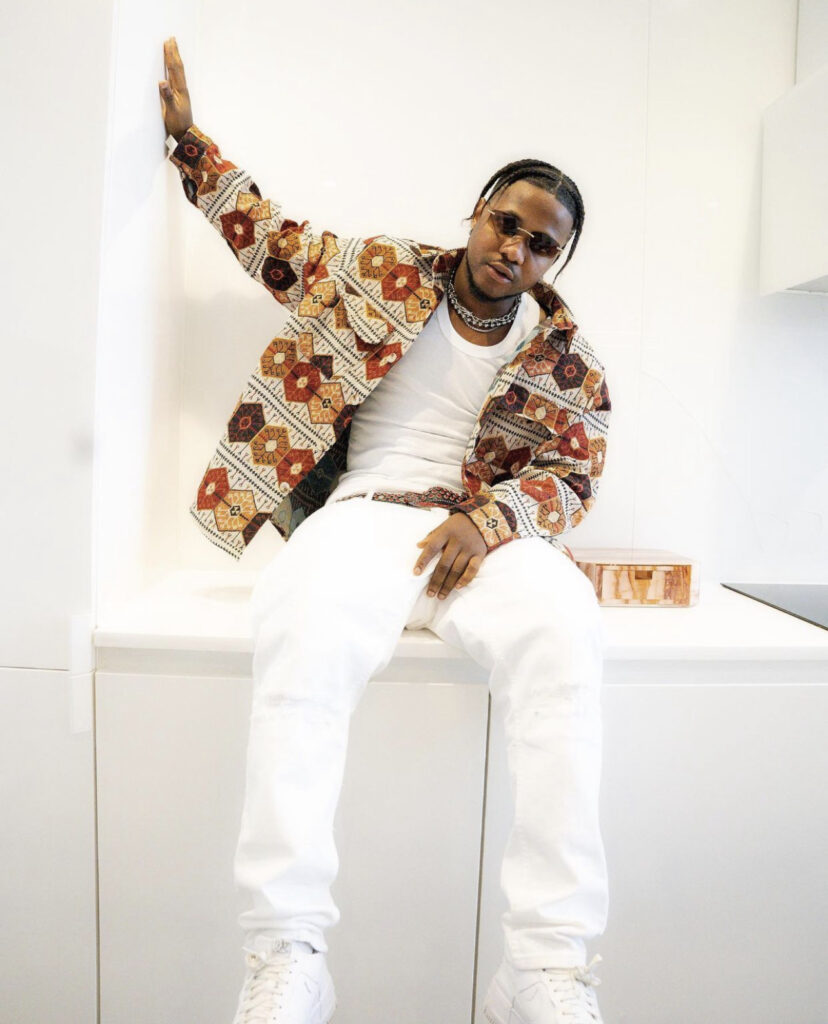
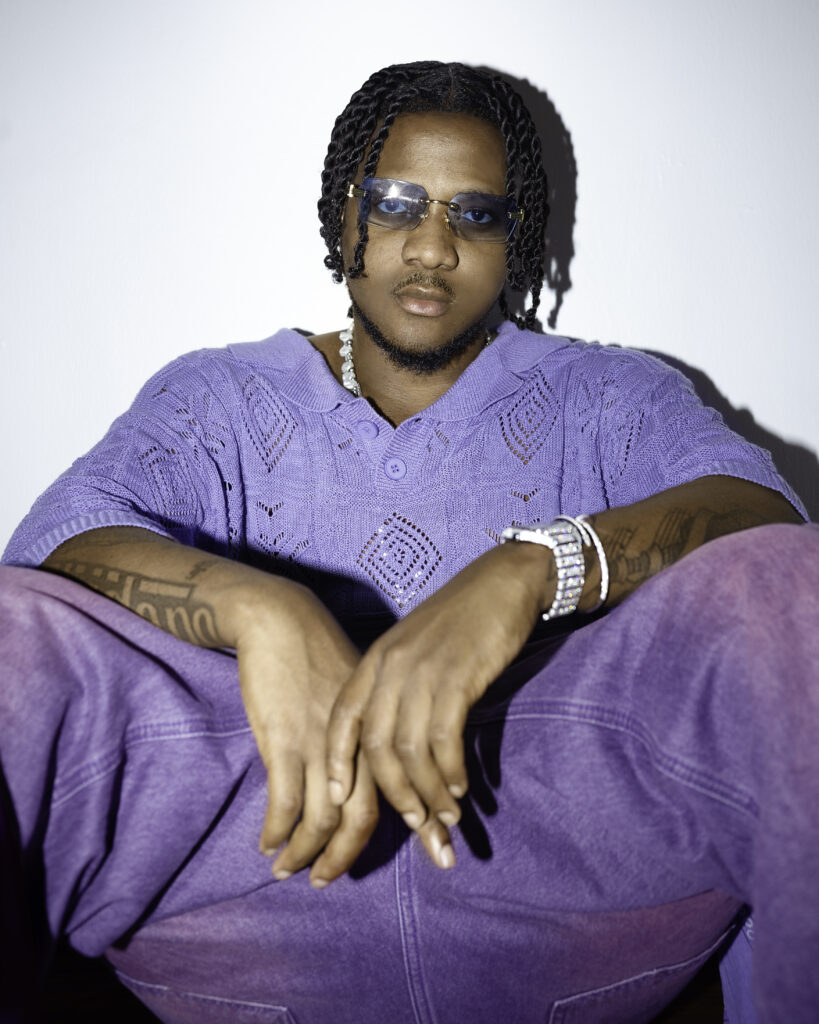
On the other end of the spectrum is Ashidapo, who has been gaining momentum one release at a time. His music captures the street, crafting songs that appeal both to niche audiences and the mainstream waiting to embrace them.
He has a style that positions him for longevity. From pop-leaning Afro sounds to jumping or soulful Amapiano, he dabbles with tunes that keep the world on its feet. Building a career brick by brick, refusing to be boxed into the noise of one-hit wonders. Recognising the strength of social media, especially TikTok, he went deeper into the digital community to a wider audience. But Ashidapo didn’t do it the conventional way. He pushed his creativity forward and introduced family into his content. His mom became the face of his TikTok videos. Ashidapo understands the power of collaboration, and he has leaned into influencers on TikTok, notably Rocci, a style and beauty content creator.
From his early single Mayri in 2018 to the fun Ballon Dior in 2022, his trajectory shows the quiet grind of an artist who knew he had something different to offer but wasn’t rushing to force-feed it to the mainstream.
This patience is paying off. Ashidapo’s 2024 Brother, a Magicsticks-produced song, features Asake. Here, he offers brotherly advice to peers to focus on maximizing the discomfort of the days into purposeful breakthroughs.
“Oh my brother, The journey no far, Ma sare kanju wo gutter, Oh my brother”
But it was his July 2025 release on Fya that shifted his trajectory. Born from a freestyle shared on TikTok, the track flips the nostalgic sample of Donae’o’s UK funky classic Party Hard into something distinctly South Western. Ashidapo’s vocal cadence, switching fluidly between Yoruba, pidgin, and English with a Fuji and Apala-esque feel that made it more groovy.
The freestyle went viral and caught the attention of veteran artist Olamide, and the rest, they say, is history.
Ashidapo’s rise has been intentional. First, he had the streets with My Brother, then TikTok with Girl On Fya, and with the co-sign from Olamide, he is ready to play in the big leagues.
The brilliance of Afrobeats today is that all these tiers of breakout artists can exist at the same time. FOLA wears his heart on his sleeves, Famous Pluto represents the South South, Mavo has the Gen Z’s lingua, and Ashidapo has the street’s ear. It’s no longer just about who tops the charts, but who’s shaping the culture in different ways. Breakout, in this sense, is a spectrum.
And that’s why artists like Ashidapo matter. His music is rooted in Nigerian bounce and storytelling and pristine enough for global ears. He doesn’t dilute music to be palatable; he stretches it, blending genres and moods that maintain essence. He has a few hits in his catalogue. And he has all these, playing to over 300,000 monthly listeners on Spotify and co-signs from industry players like Olamide. His latest record Gobe, which samples Wande Coal’s Baby Hello, is also a rave of the moment on TikTok and has accumulated over 14.5k posts. That’s the hallmark of a tier-shifting breakout: someone whose artistry lasts beyond the hype cycle.
Today, Ashidapo sits at over 320,000 monthly Spotify listeners, a figure that has grown steadily from 80K in early 2024. He peaked at No #22 on Apple Music Nigeria and at #14 on TurnTable’s Top Street-Pop Songs chart. These aren’t superstar metrics, but they signal something rarer in 2025: sustainable momentum.
Artists like him take a longer road, but when they finally arrive, it feels inevitable. He understands the waiting moment.“It’s a mixed feeling. On some days, it feels like learning from mistakes and from others. On other days, it’s depressing and feels like all patience and endurance are being tested. It’s a character development phase.”
For Ashidapo, it takes as much clarity as delusion to win in this game. He concluded, “mentally, I’m already super successful; now, I just need it to play out in real life.”
Ashidapo may still be new to some radars, but he is no longer merely “bubbling.” He represents a third way in Afrobeats: not the viral supernova, not the underground purist, but the strategic synthesizer, one who leverages digital intimacy, cross-generational appeal, and musical adaptability to build a career that lasts.
His rise shares a vital truth: Afrobeats no longer needs to rely on the roulette of virality. For every Pluto or Mavo who arrives fully formed, there’s an Ashidapo proving that slow, steady, and intentional growth can be just as powerful, and far more sustainable.
What Ashidapo represents is a challenge to the industry’s fixation on fast-burning moments. Afrobeats are wide enough to accommodate multiple pathways to stardom; his zeal shows that. The viral stars, the cult favourites, and patient builders all together create an ecosystem that makes Afrobeats unstoppable.

